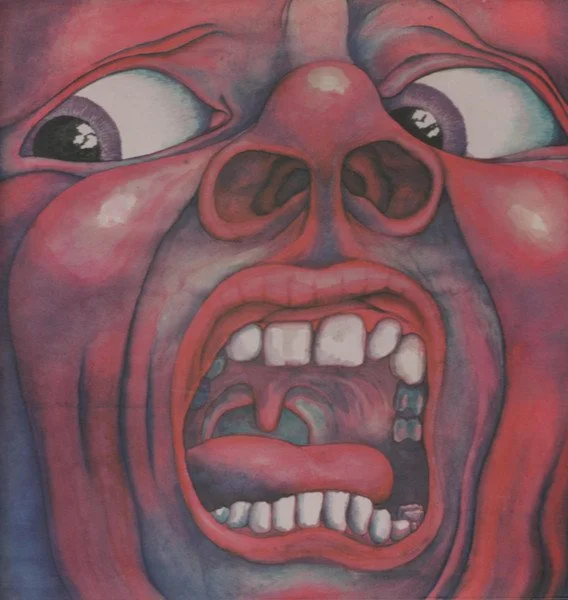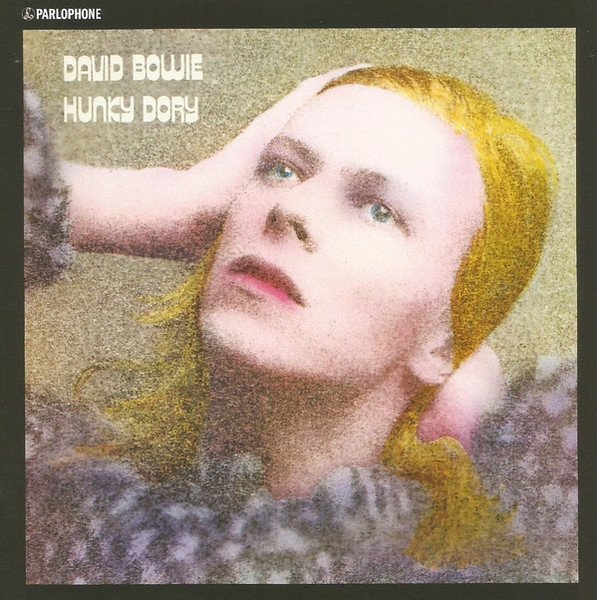When: Released May 6, 2022
Why? Although this is the band’s fifth album—and they’re Grammy winners—I’ve only been introduced to Halestorm this year, through a series of feature articles in Classic Rock, Total Guitar, etc. promoting this new release. I was curious to see what they brought to the modern-rock table.
What? Eleven songs—38 minutes—of hard rock exploring personal empowerment and self-acceptance in a world turned upside down by politics, a pandemic, and prejudice.
First Impressions: Wow. Maybe I have particular appreciation for female rockers, having grown up on the Runaways, Blondie, Joan Jett, and Heart. Maybe, having recently heard albums that I thought were overlong or meandering, I welcomed this album’s compact, visceral punch. Whatever. This won me over from the very first track, “Back from the Dead,” and kept me riveted until the end.
This is tight, well-produced hard rock, played by people who know what they’re doing. The drumming by Arejay Hale is propulsive, explosive. Lead and support guitars from Joe Hottinger are perfectly fit to the songs, with no time wasted on soloing for soloing’s sake. Bassist Josh Smith underpins the chords perfectly, even if he may be a tiny bit low in the mix. (Or maybe I’m saying that because I’ve just come from a Flea record!)
And then there’s guitarist and vocalist Lzzy Hale herself. Again: Wow. My throat hurts just listening to her full-throttle vocals. (There is a moment about two-thirds of the way through “Psycho Crazy” when Hale not only turns it up to 11, she somehow finds 12. My jaw literally dropped.) To my ear, she showcases vocal qualities that remind me of Joan Jett, Grace Potter, Brian Johnson, and James Hetfield—all delivered in a dynamic performance that can shift from a shout to a whisper, from gravel-rough to Amy Lee clarity. (For a sample of what I mean, compare the anthemic “The Steeple” with the piano-driven “Raise Your Horns.”)
There was not a weak or superfluous track on the album. Every song brought something new to the table. And while experienced listeners will be able to anticipate some moments (e.g., a full-out chorus that drops to a stripped-down verse), I think they’ll also find plenty of unexpected nuance and even restraint (again, “Raise Your Horns”).
The unexpected also carries over to the lyrics. Most songs were written by Lzzy Hale and Scott Stevens, and they display a refreshing blend of attitude, point of view, intention, and smarts. Above all, though, these songs sound like they were written for fans. I don’t mean they were designed for fans to sing along to (although that’s clearly true for some of them); I mean they were designed to speak to fans, as if Lzzy herself were sitting down with them, face to face, to tell them what’s on her heart. When I can come to these tracks for the first time, with no Halestorm history, and feel that sentiment through the songs… Well, I think that’s remarkable.
So? There were a couple of moments during my listen when the combination of emotionally raw lyrics and Hale’s vocal performance actually brought tears to my eyes. Who expects that from hard rock?
I loved this album.




